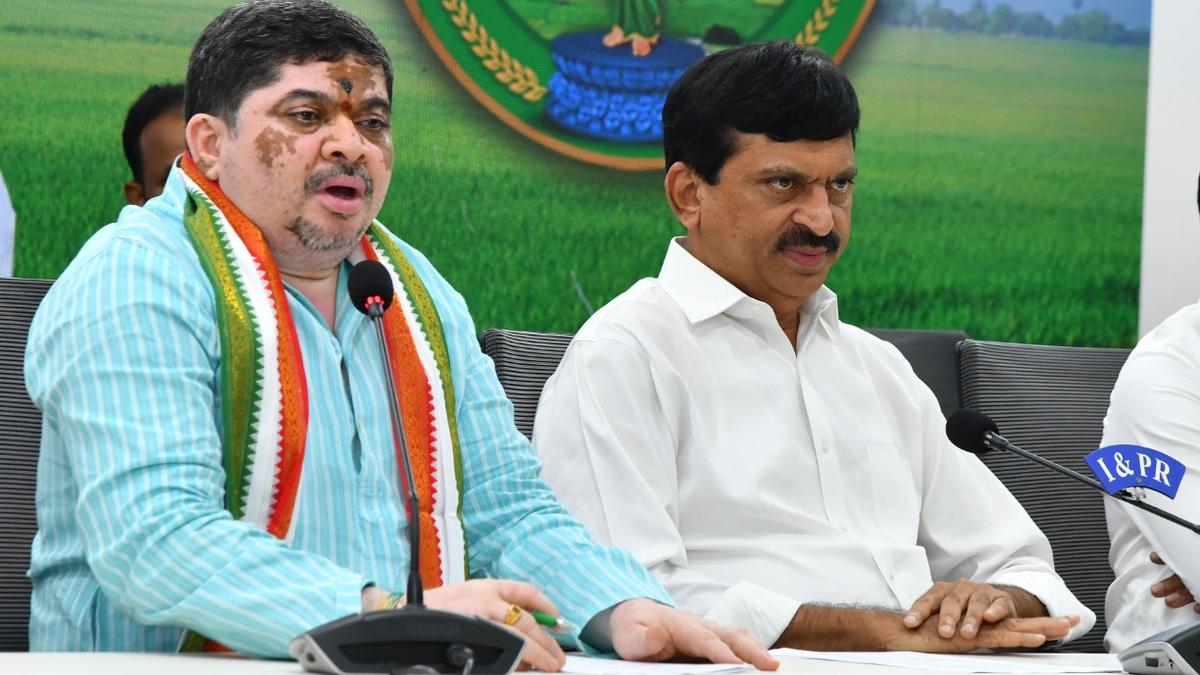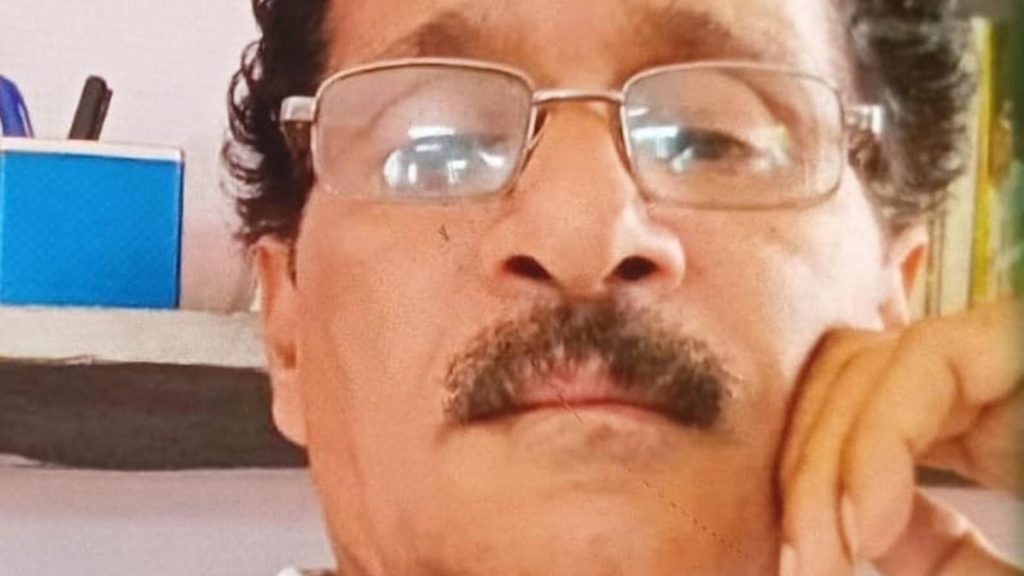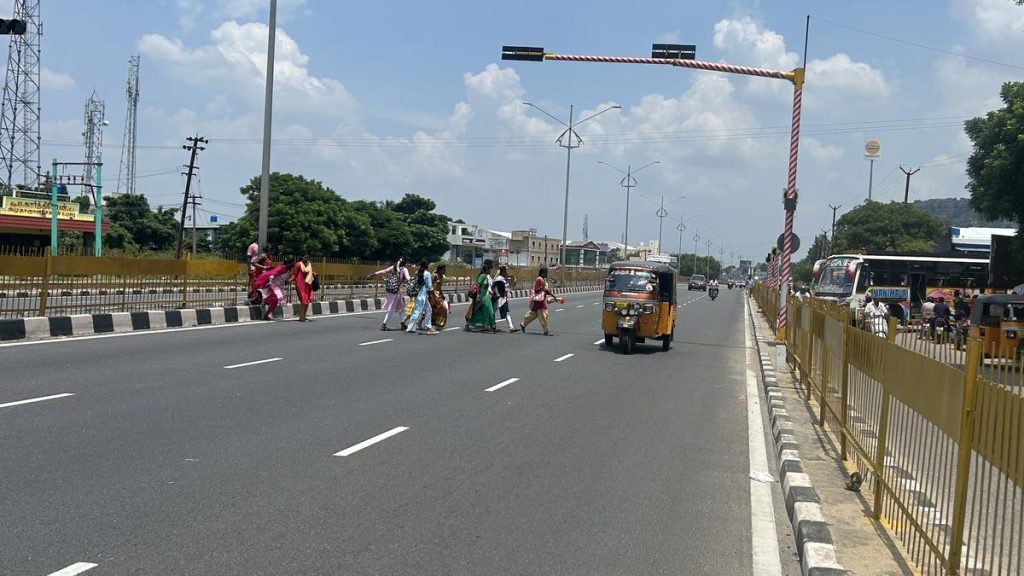Now Reading: Government to Introduce Bill Replacing Ordinance on 42% BC Reservations
-
01
Government to Introduce Bill Replacing Ordinance on 42% BC Reservations
Government to Introduce Bill Replacing Ordinance on 42% BC Reservations

Rapid Summary
- Telangana government to introduce a Bill on August 31 to provide 42% reservations for Backward Classes (BCs) in local body elections, exceeding the Supreme Court’s 50% reservation ceiling.
- The proposed legislation will replace the Telangana Panchayat Raj Act, 2018, which previously reduced BC quota from 34% to 23%.
- backward Classes Welfare Minister Ponnam Prabhakar stated that all political parties agree on increasing BC reservations based on recent survey data showing BCs constitute about 56% of Telangana’s population.
- Reservations for SCs and STs in local bodies will be adjusted according to the 2001 census.
- The Ordinance issued last month amending the reservation framework is pending approval from the President. Legal hurdles are not expected once the Bill is enacted.
- cabinet nominated M. Kodandaram and Mohammad Azharuddin under Governor’s Quota for MLC positions.
- Chief Minister Revanth Reddy scheduled a state-wide review meeting on September 1 regarding damages caused by recent cloudbursts; compensation packages and advanced technologies for irrigation monitoring were discussed.
Indian Opinion Analysis
The introduction of a Bill increasing Backward Class (BC) reservations in Telangana local body elections signifies an vital shift in addressing community representation needs as shaped by socio-economic surveys. By surpassing the Supreme Court-imposed ceiling of total reservations at 50%,this move may trigger legal scrutiny while aiming at aligning political policies with demographic realities-especially given data estimating BC populations at approximately 56%.Though, it remains critical that robust justification mechanisms accompany legislative initiatives to avoid constitutional challenges.
Additionally,adjustments based on census data underscore efforts toward equitable representation across marginalized groups like Scheduled Castes (SCs) and Scheduled Tribes (STs). This development reflects systemic attempts toward inclusion; however, its practical rollout and broader acceptance hinge upon resolving pending Presidential approvals.
Issues such as cloudburst-related devastation further spotlight acute governance challenges requiring technological advancements like water management systems alongside immediate compensatory measures-an area needing cohesive policy execution. decisions regarding prominent MLC appointments may likewise ignite focused debate over meritocracy versus political symbolism.
For more details: Read More























